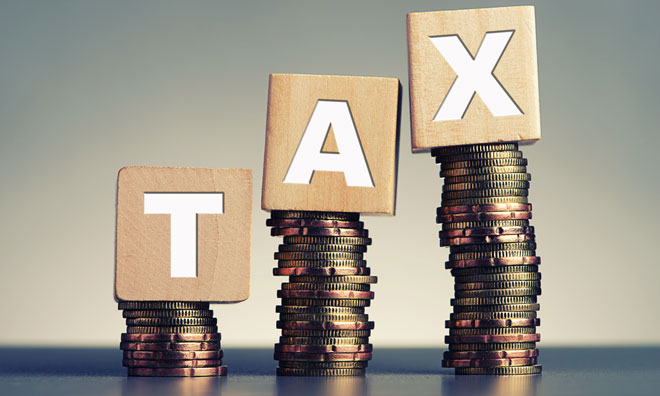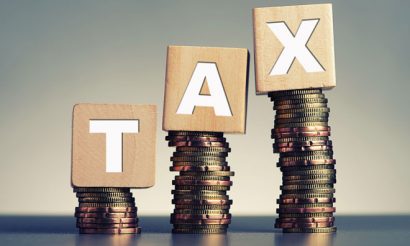A4E calls on the UK government to abolish Air Passenger Duty to boost British tourism and economy
- Like
- Digg
- Del
- Tumblr
- VKontakte
- Buffer
- Love This
- Odnoklassniki
- Meneame
- Blogger
- Amazon
- Yahoo Mail
- Gmail
- AOL
- Newsvine
- HackerNews
- Evernote
- MySpace
- Mail.ru
- Viadeo
- Line
- Comments
- Yummly
- SMS
- Viber
- Telegram
- Subscribe
- Skype
- Facebook Messenger
- Kakao
- LiveJournal
- Yammer
- Edgar
- Fintel
- Mix
- Instapaper
- Copy Link
Posted: 8 September 2016 | A4E | No comments yet
Research by A4E and others shows the damaging effects of the UK’s high Air Passenger Duty and the benefits of removing it…


Passengers have paid more than £31 billion in 21 years.
- Since APD was introduced in 1994 the cost of the highest aviation tax worldwide had risen 824% by 2015.
- Abolishing APD would boost UK GDP by 1.7% and create 61,000 new jobs by 2020.
- Italian Government admits mistake and suspends local aviation tax increase after seven months.


During a media briefing at the Global Aviation Festival in London, today, A4E member airline CEOs Carolyn McCall (easyJet), Willie Walsh (IAG) and Bjørn Kjos (Norwegian) together with A4Es Managing Director Thomas Reynaert renewed their call on the UK Government to abolish Air Passenger Duty (APD).
“The UK has the highest aviation tax worldwide. This puts it at a competitive disadvantage as other European hubs take traffic and business away from the UK precisely because of Air Passenger Duty. Following the vote to leave the European Union every effort should be made to ensure the UK economy improves its competitiveness and secures its position as worldwide trading nation. It’s time for the UK government to get rid of this tax which punishes business and consumers”, said Thomas Reynaert, Managing Director of A4E.
When this tax was introduced 21 years ago it was planned to raise £330 million per year for the Treasury. In 2015, Air Passenger Duty raised over £3 billion by fleecing nearly 110 million passengers. Meanwhile the duty has raised £31 billion in nominal terms between its introduction in 1994 and 2015.
Since its launch in January A4E has addressed the issue of anti-competitive aviation taxes in Europe as one of its key policy priorities.
Research by A4E and others shows the damaging effects of Air Passenger Duty and the benefits of removing it:
Removing Air Passenger Duty – a clear boost to UK jobs and the British economy
- Economic analysis by PwC shows that removing APD would boost British GDP by 1.7% and create 61,000 new jobs by 2020 which is crucial to stimulate the UK economy.
- Since APD was introduced in 1994, the cost has risen 824% by 2015.
- The cost of a long haul Business Class ticket in 2016 includes a £146 APD ‘exit tax’, a rise of 2.8% versus 2015 when the CPI index rose by only 0.2%.
- A further rise to £150 will take effect in April 2017, unfairly penalising British companies hoping to do business abroad and placing an added burden to doing business in the UK.
“The UK spends hundreds of millions of pounds attracting foreign tourists and business people to the country and then charges them up to £146 in tax to return home”, explained Thomas Reynaert.
“We, the airlines serving the British market, can wholeheartedly sign up to the Prime Minister’s latest statements during the release of the Tourism Action Plan. To make Britain more attractive, accessible and welcoming to visitors it is best to eliminate this tax”, he added.
Both experience and hard economic facts show that removing Air Passenger Duty would be beneficial:
- Netherlands – the Dutch government’s removal of its ticket tax in 2009 after just one year led to strong growth in passengers and saw Schiphol become a successful international hub.
- Ireland – the Irish government abolished its traffic tax in April 2014 which led to extensive traffic growth at Irish airports and an 8% increase in tourism last year while the number of Northern Ireland residents flying from Dublin increased by 52% the first year after it scrapped the tax.
- Italy – earlier this year the Italian government increased the taxes on passengers charged at Italian airports by €2.50 – overnight and with immediate effect. This decision was put on hold by the government several weeks ago.
- Scotland – Scotland this week confirmed legislation to cut Air Passenger Duty by 50% as a precursor to getting rid of it entirely. The tax is said to cost Scotland EUR 90 billion in lost tourism expenditure up to 2020. Slashing Air Passenger Duty will add EUR 1.3 billion to the Scottish economy and create 4,000 jobs, according to studies from Edinburgh airport.
- Norway – the Norwegian Government’s Air Passenger Tax equivalent to NOK 80 (EUR 8.5), put in place this June on departing passengers for both domestic and international flights was the latest unreasonable tax launch. There are already signs it is having a harmful impact with reduced frequencies and lower passenger demand on selected regional and international routes in the first two months after the tax was implemented.













